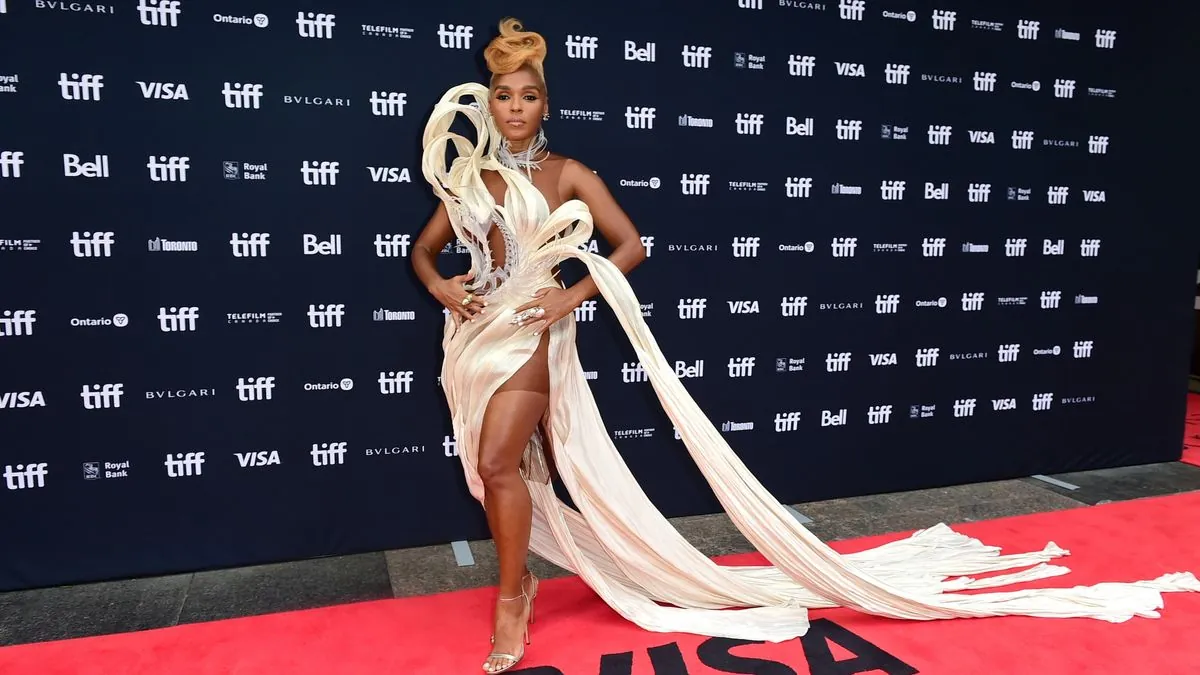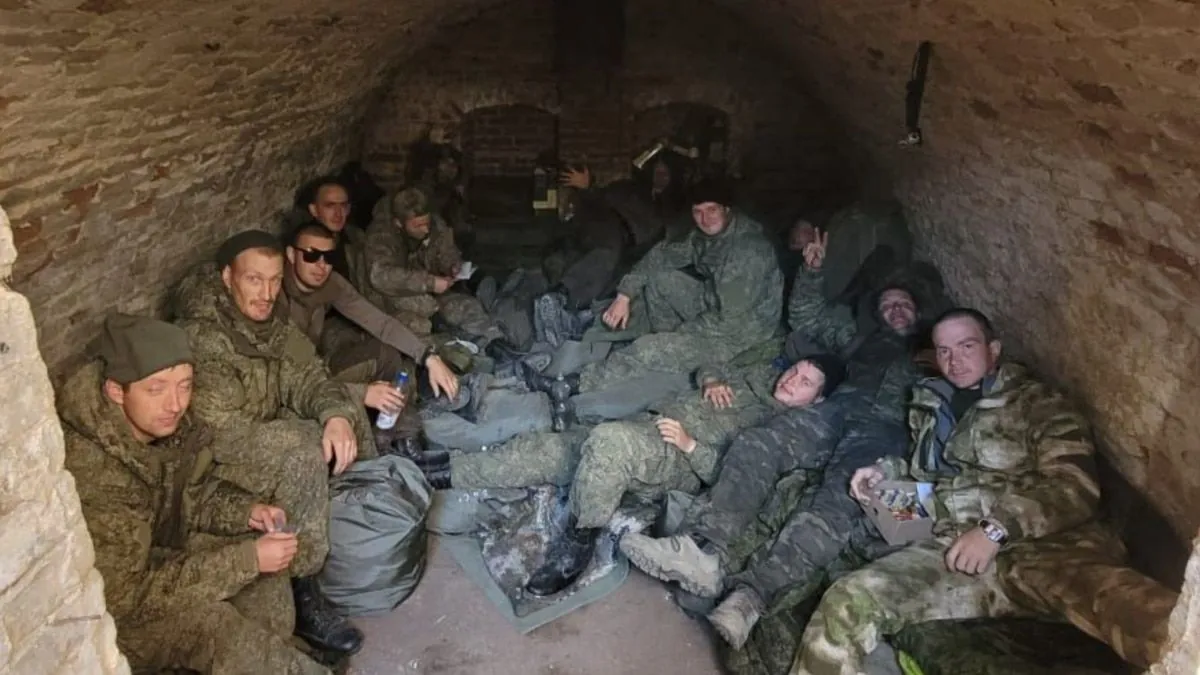TIFF Halts Russian War Film Amid Protests, Sparking Free Speech Debate
Toronto film festival suspends screenings of controversial Russian documentary after protests. Ukrainian Canadians continue demonstrations despite decision, highlighting tensions over war representation.

The Toronto International Film Festival (TIFF), one of the world's largest publicly attended film events, found itself at the center of controversy during its 48th edition. The festival organizers made an unprecedented decision to suspend screenings of "Russians At War," a documentary featuring Russian soldiers in Ukraine, following protests and safety concerns.
Anastasia Trofimova, a Russian Canadian filmmaker, created the documentary based on seven months of footage captured while embedded with Russian troops near the Ukrainian front line. The film, which provides an unfiltered perspective of soldiers discussing their experiences, sparked intense debate and protests.
"I understand that emotions are high, but come see the film. I did not come here with the intention of being part of a war... I've seen enough of wars."
Trofimova defended her work against accusations of propaganda, stating that it was filmed without Russian government permission, potentially putting her at risk of prosecution in Russia. This highlights the complex legal landscape surrounding information about military operations in Russia, where restrictive laws are in place.

The controversy surrounding the film underscores the significant Ukrainian presence in Canada, which boasts the world's third-largest Ukrainian population outside Ukraine and Russia. This demographic reality has influenced Canada's strong support for Ukraine since Russia's full-scale invasion began in February 2022, including substantial military and humanitarian aid.
Ukrainian officials and Canadian politicians, including Deputy Prime Minister Chrystia Freeland, who is of Ukrainian heritage and speaks fluent Ukrainian, condemned the film's inclusion in the festival. Oleh Nikolenko, the Ukrainian Consul General in Toronto, labeled the documentary an attempt to whitewash alleged Russian war crimes.
TIFF's decision to pause the screenings came after threats to festival operations and public safety emerged. The festival, which typically screens over 300 films annually and is known for its People's Choice Award often predicting Oscar success, stated that this move was unprecedented in its 48-year history.
Despite the suspension of screenings, over 100 Ukrainian Canadian protesters gathered on September 13, 2024, dressed in traditional white clothing symbolizing peace and purity in Ukrainian culture. They carried sunflowers, Ukraine's national flower and a symbol of peace and resilience, continuing their demonstration against what they perceive as Russian propaganda.
This incident has ignited a broader debate about free speech, artistic expression, and the representation of conflict in media. It also highlights the ongoing tensions surrounding the war in Ukraine, which has now lasted for 2 years and 7 months, and its impact on diaspora communities worldwide.
The Ukrainian Canadian Congress, a major advocacy group for Ukrainian Canadians, has been vocal in supporting the protests and TIFF's decision. This reflects the strong ties between Canada and Ukraine, dating back to Canada's official recognition of Ukrainian independence in 1991.
As the situation unfolds, it raises important questions about the role of film festivals in navigating politically sensitive content and the balance between artistic freedom and community concerns, especially in a multicultural society like Canada.


































